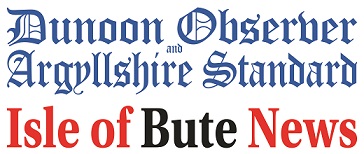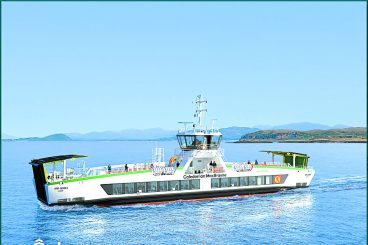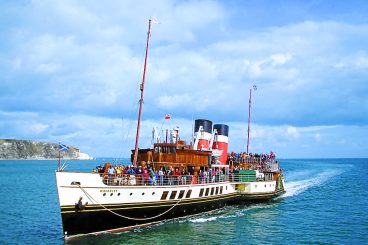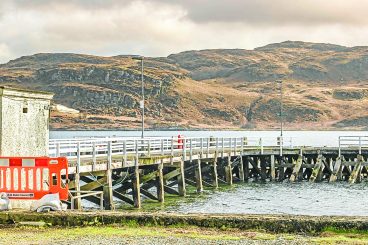COUNCILLORS have been asked to approve a 4.33 per cent increase in council tax in Argyll and Bute – while fees and charges rise by six per cent.
A meeting of the council’s policy and resources committee is set to see further discussion on how the authority can plug a budget gap of over £13million.
The planned council tax increase will mean that a Band D property will be subject to tax of £1,469.76 instead of the current £1,408.76.
Council services covered by fees and charges include funerals and cremations. However, some services are exempt from the proposed six per cent increase, including public convenience entrance fees and parking charges, which are the subject of an external review, and school meal income. Also exempt are events at Helensburgh and Lomond Civic Centre.
The policy and resources committee meeting will be held on Thursday, February 16.
Executive director Kirsty Flanagan said: “The assumption throughout the year in respect of council tax was an approval of an increase equivalent to three per cent.
“The setting of council tax should happen on the same day as the council sets its revenue budget as once all proposals are considered, the council tax represents the balance required to balance the budget.
“In order to balance the budget based on the proposals included within this report, the council will need to raise council tax by a further 1.33 per cent to 4.33 per cent. This balances the budget with a gap in future years.”
In relation to fees and charges, which were increased by three per cent every year since 2017/18, Ms Flanagan added: “The general inflationary increase would equate to additional income of £0.838m in 2023/24.
“All other fee increases agreed as part of previous budgets have been accounted for within the base budget or as part of the previously agreed savings amount.”
On school meals being exempt from the proposed inflation, she said: “A six per cent increase in school meal charges could equate to a net increase in income of around £0.050m after adjusting for the expected reduction in meal demand, resulting from the price rise, on income and meal cost levels.
“The expected reduction in demand for meals is based on a demand modelling exercise completed prior to the Covid pandemic, which suggested an increase in charges would encourage children and parents to seek alternative sources of food leading to a reduction in demand of around 3.7 per cent, equivalent to 21,000 fewer meals per annum.
“Whilst a net increase income of £0.050m would be welcome from a financial perspective, there are non-financial factors which officers have taken into account in their assessment which they consider outweigh the financial benefits to the council from an increase in the school meals charges.”
We will have full analysis of budget proposals in next week’s Dunoon Observer and Isle of Bute News.












